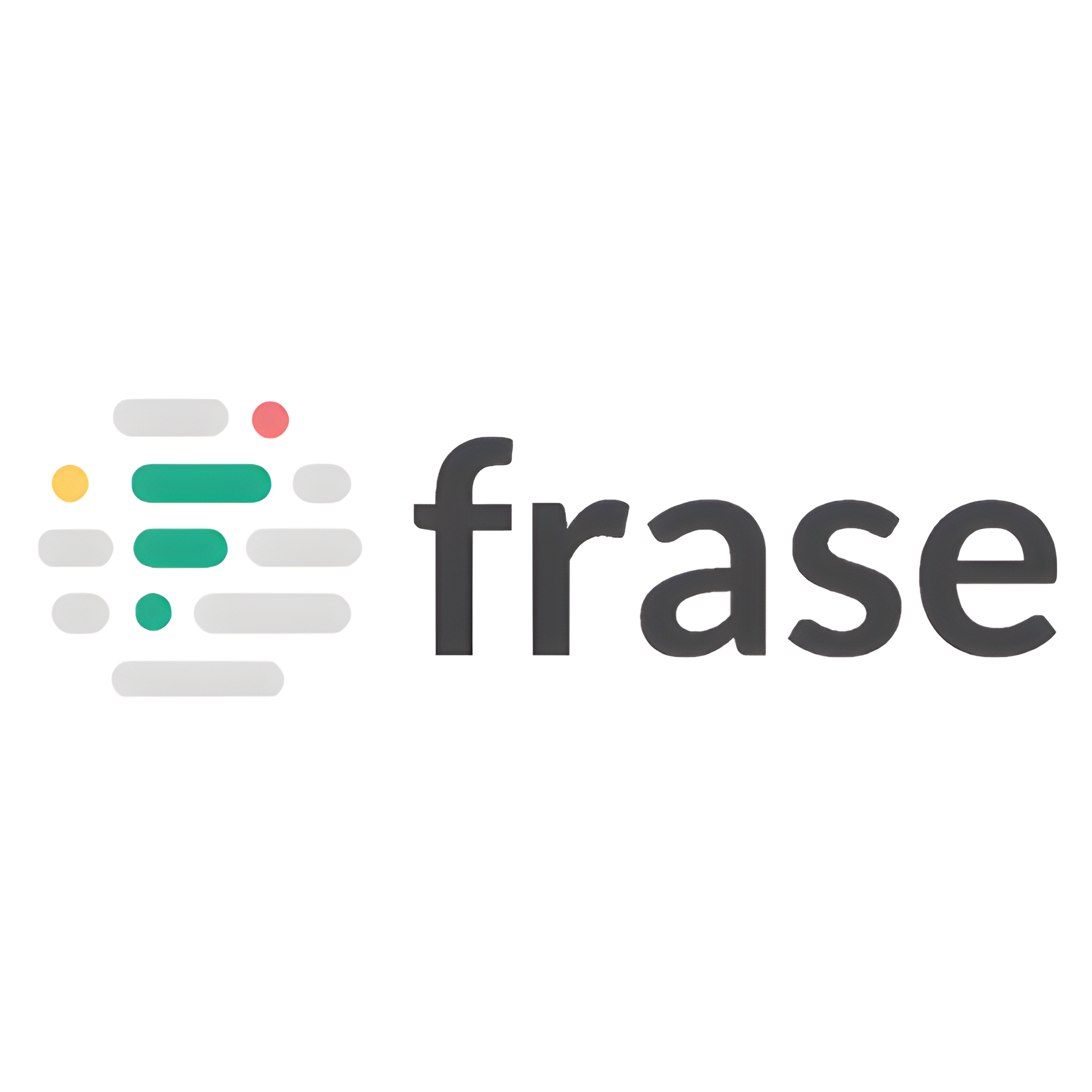Overview
Wisio is an innovative AI-powered text editor specifically tailored to meet the needs of researchers and academic writers. This platform integrates advanced features such as AI autocomplete, an AI advisor, and tools for translating texts into scientific English. It also offers capabilities for rewriting, paraphrasing, and correcting English grammar, making it an indispensable tool for producing high-quality academic content. Trusted by over 15,000 researchers globally and endorsed by prominent academic institutions, wisio facilitates efficient and accurate writing and research.
The platform is designed to streamline the writing process with features like quick referencing tools and Magic Mode, which provides intelligent autocomplete suggestions. Users can also benefit from consultations that draw on the latest research insights. Wisio offers flexible subscription options, including a Basic plan starting at $9 per month and a Pro + Stats plan at $12 per month, each with a 7-day free trial. Premium subscribers enjoy unlimited projects, enhanced AI capabilities, and comprehensive analytics through Stats AI.
Additionally, the wisio website hosts a resource-rich blog that offers guides on writing scientific articles, utilizing AI for literature reviews, and a free research title generator, among other tools.
Key features
- AI autocomplete: Enhances typing efficiency by predicting and completing sentences based on context, significantly speeding up the writing process.
- AI advisor: Provides expert advice on content improvement, ensuring that the text adheres to high academic and scientific standards.
- Scientific English translation: Translates texts into scientific English, making them suitable for publication and comprehension by the global research community.
- Rewriting and paraphrasing: Offers tools to rephrase and rewrite content to avoid plagiarism and improve clarity and impact.
- Grammar correction: Automatically detects and corrects grammatical errors, ensuring that the text is polished and professionally presented.
- Magic mode: Delivers advanced autocomplete suggestions and creative inputs to enhance the writing style and effectiveness of research documents.
 Pros
Pros
- Content structuring: Organizes information logically, making complex research easier to understand and more engaging for readers.
- Reference management: Automatically formats citations and bibliographies according to various academic standards, simplifying the referencing process.
- Collaborative writing: Enables multiple users to work on the same document simultaneously, facilitating teamwork on research projects.
- Data visualization: Integrates tools to create graphs and charts directly from data within the document, enhancing the visual appeal and readability.
- Research insights: Analyzes text to provide insights on research trends, key concepts, and potential gaps in the literature.
 Cons
Cons
- Over-reliance risk: Excessive dependence on AI tools may reduce a writer's own skill development and critical thinking abilities in crafting content.
- Context misunderstanding: AI might not fully grasp nuanced or complex contexts, leading to inaccuracies or inappropriate suggestions in sensitive topics.
- Creativity limitation: Heavy use of AI-driven suggestions can potentially stifle personal creativity and result in less original content.
- Technical jargon overuse: Scientific English translation may excessively use complex jargon, making texts difficult for broader audiences to understand.
- Generic writing style: AI-driven rewriting and grammar correction might lead to a homogenized writing style, lacking individual voice or flair.












